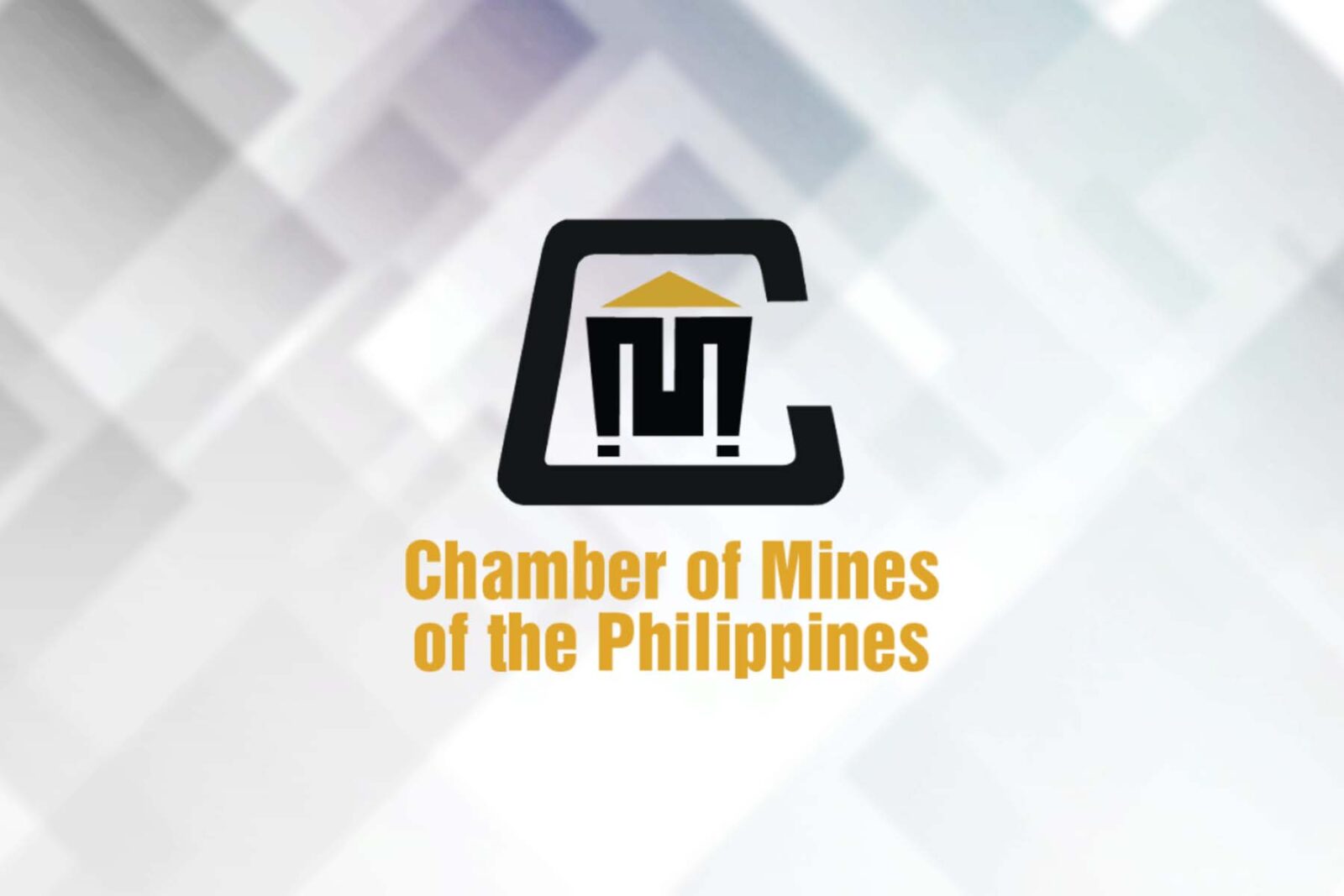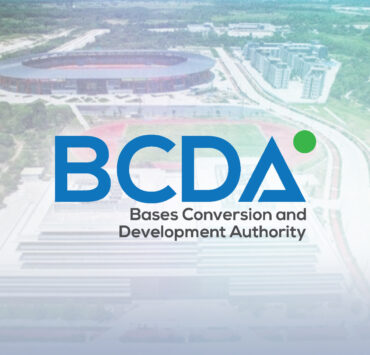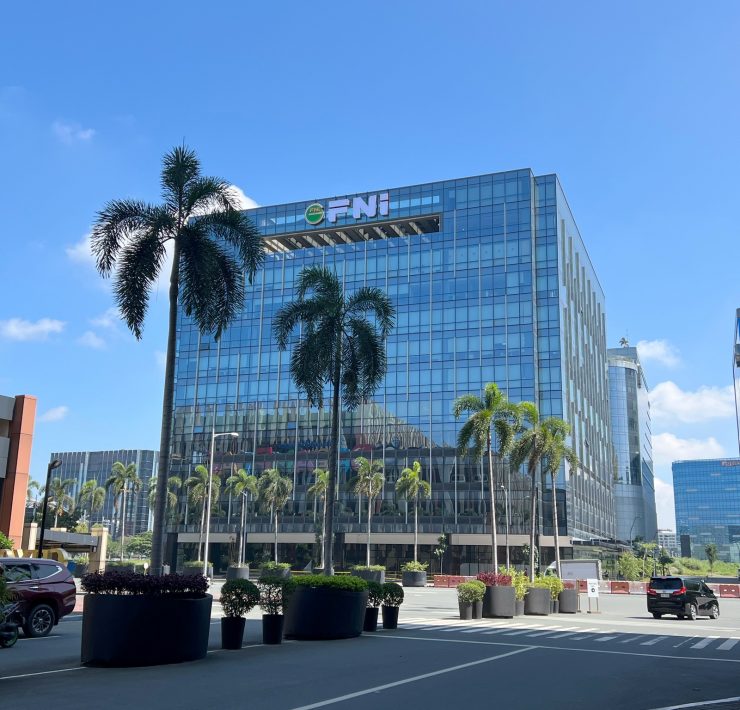New tax regime seen to make PH mining globally competitive

The newly-signed law on a rationalized mining fiscal regime will solidify the country’s standing in the global mining industry, according to the Chamber of Mines of the Philippines (COMP).
President Marcos on Thursday signed into law Republic Act No. 12253, or the Enhanced Fiscal Regime for the Mining Industry Act, which aims to streamline the fiscal framework for large-scale mining operations.
“This landmark legislation is a crucial step toward establishing a stable, transparent and competitive fiscal environment for the Philippine mining industry,” the COMP said in a statement on Thursday.
The COMP said the Philippines achieved this “policy milestone” at a time when it aims to become a reliable source of essential minerals for the global energy transition.
“The new tax regime aligns the Philippines with global mining jurisdictions, making us more competitive and attractive to investors, especially at a time when the demand for critical minerals is increasing worldwide,” the group said.
The group acknowledged that while higher tax rates are inevitable, the new law offers predictability and consistency in the fiscal framework, allowing the sector to map out long-term investment plans.
Special Assistant to the President for Investment and Economic Affairs Frederick Go said the enhanced fiscal regime for the mining sector marked a significant milestone in positioning the country as a valuable player in the global value chain.
“By modernizing the industry’s fiscal regime, we aim to drive economic growth, especially in support of green technologies, while protecting our environment and natural heritage,” Go said.
The investment czar said the reform would help generate jobs, boost government coffers for essential public services and attract responsible mining investors committed to sustainable development.
“Through this law, we aim to foster inclusive prosperity—ensuring that our countrymen, our communities and our future generations benefit from the responsible use of our mineral resources,” he added.
Some of the key provisions include paying royalty of 5 percent of their gross output for mining companies operating within a mineral reservation, while mines operating outside will be levied a margin-based royalty tax.
The new law also imposes additional taxes when the profit margin of a company exceeds 30 percent, to ensure that the government receives its fair share while host communities benefit from their extra profit.
The law likewise introduced a ring-fencing provision wherein each mining contractor is classified as a separate taxable entity to avoid the consolidation of income and expenses of all mining projects by a single taxpayer.





















Rename PCA to Philippine Coconut Farmer Authority